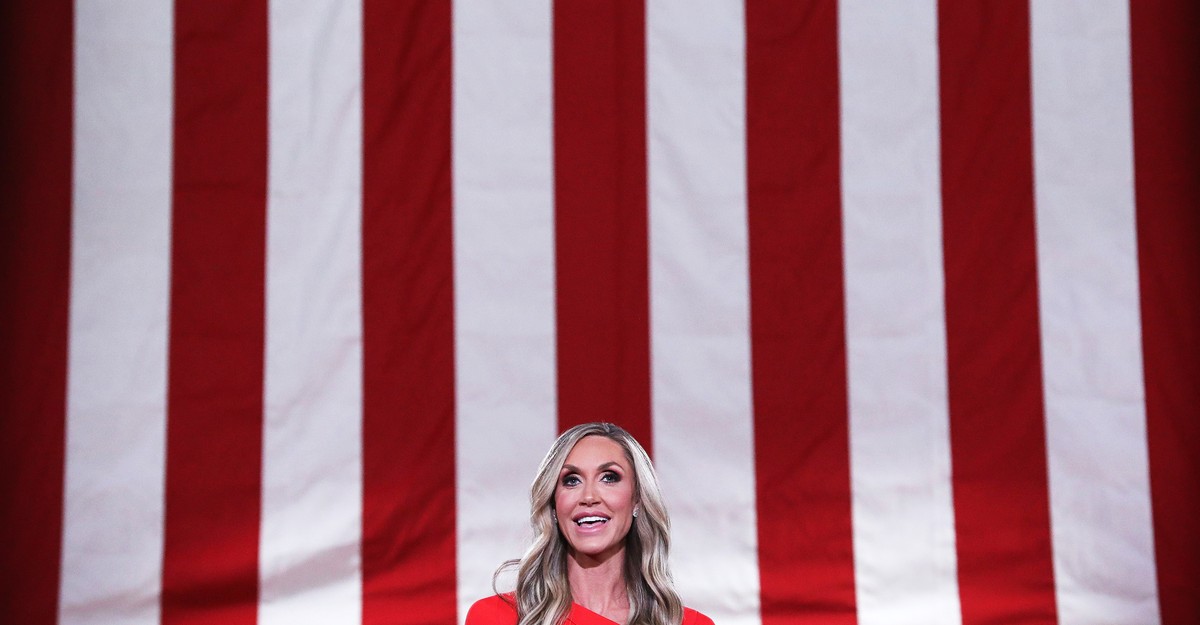“Divisive,” “corrupt,” and “messy.” That’s how Americans described the state of our politics when asked to do so by Pew last year. Other popular answers included “polarized” and “dysfunctional.”
Those of us who feel that way may be tempted to tune out this election year. To participate in politics is to encounter many otherwise lovely people at their most upset, angry, and uncharitable. To withdraw from it is, for many, to avoid stress, annoyance, and maybe even negative psychological outcomes associated with daily political engagement.
Opting out sounds sensible in that telling. But if affable, pragmatic, constructive sorts opt out of civic life, repelled by its disagreeableness, the future will be shaped to a growing degree by unreasonable zealots who will make our politics more stressful and dysfunctional. Avoiding that future requires a bigger share of circumspect people to participate.
You can already see the ill effect that negative polarization has had on politics. Since 2016, voter turnout has been relatively high, but not because the public is enthusiastic about what’s going on in the country. Americans think of people in the other party as immoral, dishonest, and close-minded. Donald Trump is especially adept at drawing to the polls both his biggest sycophants and voters who abhor him and want him defeated more than anything. If only as a calming influence, I want more Americans who are alienated by negative polarization to participate, not just in elections, but in political life more broadly.
That doesn’t mean becoming an aggrieved shitposter on social media, or blocking traffic to impose your priorities on others, or subjecting colleagues to the bombastic talk-radio monologue that raised your blood pressure on the way to work, or spending social gatherings with family and friends berating them for their political beliefs. If you cannot conceive of any approach to politics other than polarizing conflict, withdraw with my blessing.
However, if you lament that social media is too often used to attack rather than to understand or persuade, or you can empathize with people on different sides of society’s thorniest debates, or you hate to see people who love one another ruin their relationships over ideological disputes, or you think there are plenty of positive sum compromises that would improve the status quo, Uncle Sam needs you in 2024.
What I have in mind may be less unpleasant than you imagine. The idea isn’t that you become a political junkie, treating the events of each news cycle as if they are of world-changing importance, or even that you stay permanently engaged. After this year, take all of 2025 off from politics! In fact, you don’t even need to opt in for this entire year––it would be enough to participate in politics starting after the last whistle in today’s Super Bowl and to keep it up ’til November 5, when the general election will decide matters through 2026.
Politics needn’t make demands on you every day. But you will need to research candidates and vote. And stop skipping the primaries, as I’ve sometimes done myself, as if you can discharge your civic duty solely in the general election.
“In U.S. elections since 2000, the average turnout rate for primary elections is 27% of registered voters,” the nonpartisan Constitution Center reports. “In contrast, the average turnout rate for general elections is 60.5% of registered voters.” If you share my belief that primary electorates are generally not sending their best to general elections, changing turnout in a way that alters the primary electorate is a promising way to alter outcomes. Whereas ceding primaries to the same partisans who created the current iteration of the Republican and Democratic Parties nearly guarantees that, once the general election rolls around, you’ll be dissatisfied with the choices, not just for the presidency, but for all the other down-ballot offices you can influence.
Beyond casting ballots in the primary and general elections, choose engagement that’s both effective and sustainable. If you hate doing something, you’re unlikely to stick with it. Plus, the sorts of political engagement that are bad for mental health, such as doomscrolling through headlines and bickering with family members, tend to be totally ineffective anyway.
Instead, give campaign contributions to a candidate whom you particularly like and to the opponent of a candidate who strikes you as particularly pernicious. Or identify a cohort of people whom you find reasonable and help get them registered to vote. Or organize a peer-to-peer effort to get out the vote among acquaintances with temperaments like yours. Or contact a campaign that’s in a close race and ask what they need most from volunteers. Spending a few hundred dollars or a few days of effort is enough for you to have far greater influence than people who waste hours every day on fruitless online arguments about politics.
“We grow justly weary of our politics,” the late Charles Krauthammer once wrote. But politics, “in all its grubby, grasping, corrupt, contemptible manifestations,” is not something prudently ignored. “For all the sublimity of art, physics, music, mathematics and other manifestations of human genius,” he argued, “everything depends on the mundane, frustrating, often debased vocation known as politics. Because if we don’t get politics right, everything else risks extinction.”
That is stressful and annoying, given the unpleasantness of our politics, but it’s still true. So relax through the final quarter of Sunday’s game, settle your bets, and scrape that last bit of seven-layer dip from the dish––then crack open one more beer, consult a primary-election calendar, register to vote if you haven’t already, and help make the future a bit more pleasant for everyone.
